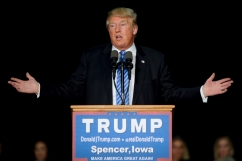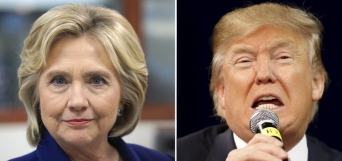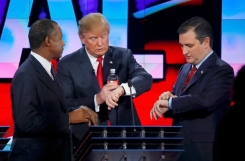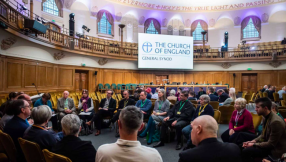Republican presidential candidate Donald Trump may have been censured for his comments against Islamic extremists during the past months, but for Americans who associate themselves with his party, he is just doing the right thing.
A recent survey conducted by the Pew Research Center showed that 70 percent of Americans who identify themselves as conservative Republicans would like to see the next U.S. president "speak bluntly even if critical of Islam as a whole."
Among those who want the next U.S. president to be openly critical towards Islam, 63 percent said Trump will become a "good or great" president, while 61 percent said Texas Senator Ted Cruz can do this.
In stark contrast, 70 percent of Democrats who participated in the survey want the next American leader to be "careful not to criticise Islam as a whole."
The same study also showed that half of Americans think at least some Muslims hold anti-American views. Four in every 10 adults in the U.S. meanwhile believe that "just a few" Muslims in the country are anti-American.
Results of the new survey also showed that 68 percent of Americans believe that the bigger problem is that "some violent people use religion to justify actions."
"While many Americans are concerned about Islamic extremism, the new survey shows that most people think the problem with violence committed in the name of religion is people rather than with religion per se," the Pew Research Center said in a survey result discussion posted on its website.
Only 22 percent of those surveyed think "teachings of some religions promote violence." Of this number, 14 percent think Islam is a religion with violent teachings.
Republicans were also more prone to thinking that teachings of some religions promote violence, with 32 percent of them agreeing to this compared to only 15 percent from their Democratic counterparts.


















